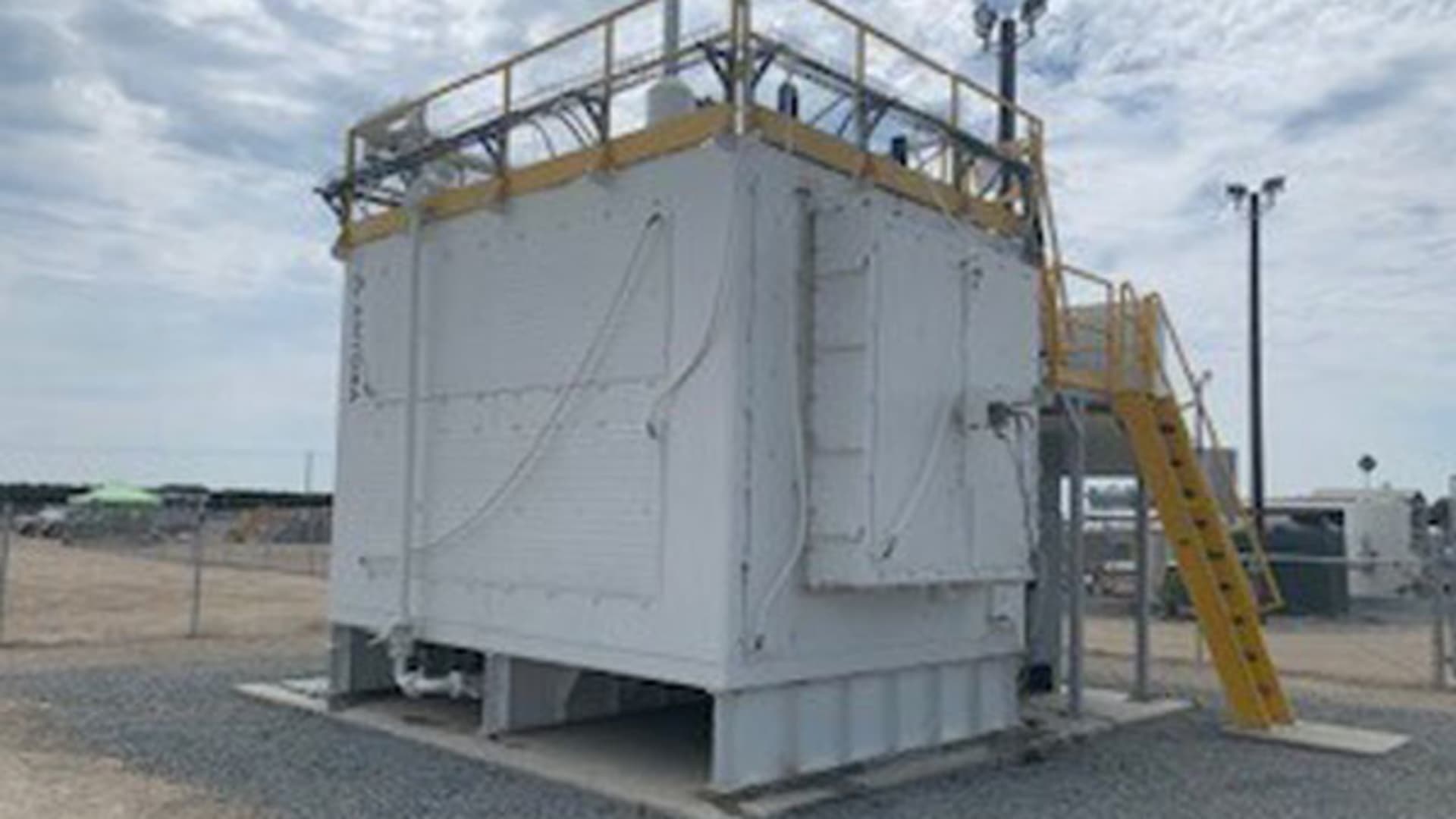The market for vehicle and home batteries is expanding exponentially, but there’s another battery opportunity that’s just getting off the ground.
Giant factories that produce textiles, food, chemicals and cement require massive amounts of energy. They can use power from wind and solar, but because those sources of energy are intermittent and not always nearby, they require large and very expensive batteries.
Now, companies like Form Energy, AtmosZero and a Silicon Valley-based startup called Antora Energy are tackling the challenge with more affordable battery technology.
“We’ve developed a new class of battery, which is a thermal battery, which stores energy as heat instead of as electrochemistry or electrochemical bonds,” said Justin Briggs, chief operating officer at Antora. “Because of that we’re able to store energy at much lower costs.”
Here’s how it works:
Electricity from wind and solar are run through coils, like in a toaster, to heat solid, well-insulated blocks of carbon to over 3,000 degrees Fahrenheit, storing a tremendous amount of energy. The blocks can be shipped cold in a battery module to factories. They are now being tested at an electric company in Fresno, California.
“We’re just getting started and the cost to produce these are still relatively high,” said Briggs. “But long term, these can be an order of magnitude less expensive than a conventional battery such as lithium ion.”
Clean energy is, of course, a top priority for climate investors. Christina Karapataki of Breakthrough Energy Ventures, which was founded by Bill Gates, says this business could be particularly lucrative.
“We think it’s a multitrillion-dollar market opportunity that addresses 40% of all industrial energy,” Karapataki said. “Antora is one of the few companies that we’re working with that has proven technology that is ready to scale incredibly quickly to meet the demands of the sector.”
A few years ago, the field of participants was essentially empty. There are now about a dozen thermal energy storage companies using sand, rock, brick or other types of ceramic to store energy as heat.
Antora has raised $80 million to date. Along with funding from Breakthrough energy, Antora is also backed by Chris Sacca’s Lowercarbon Capital, Shell Ventures, BHP Ventures, Grok Ventures and Trust Ventures.

